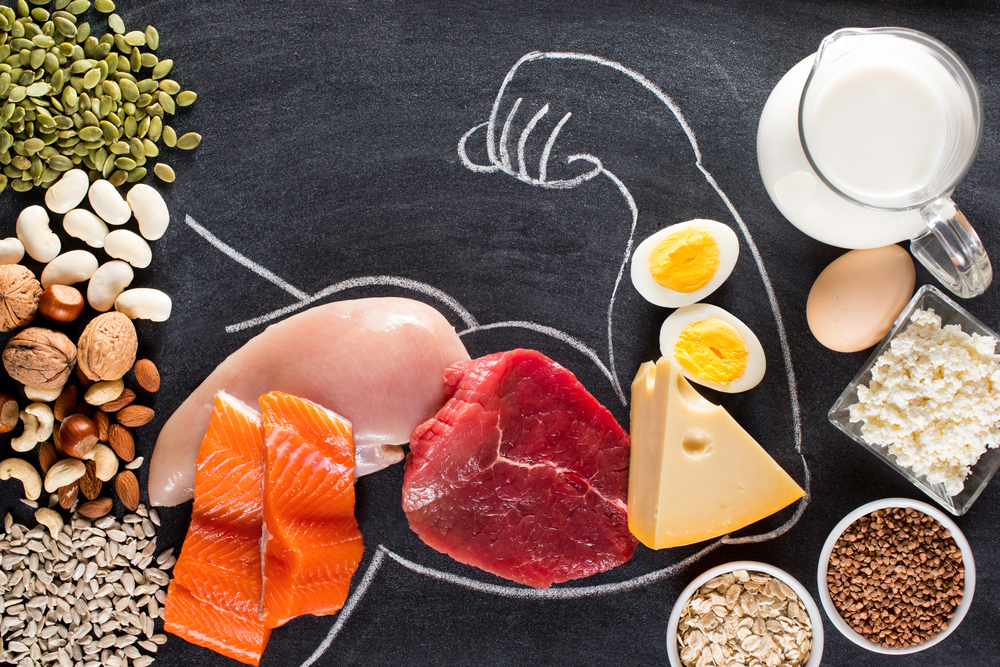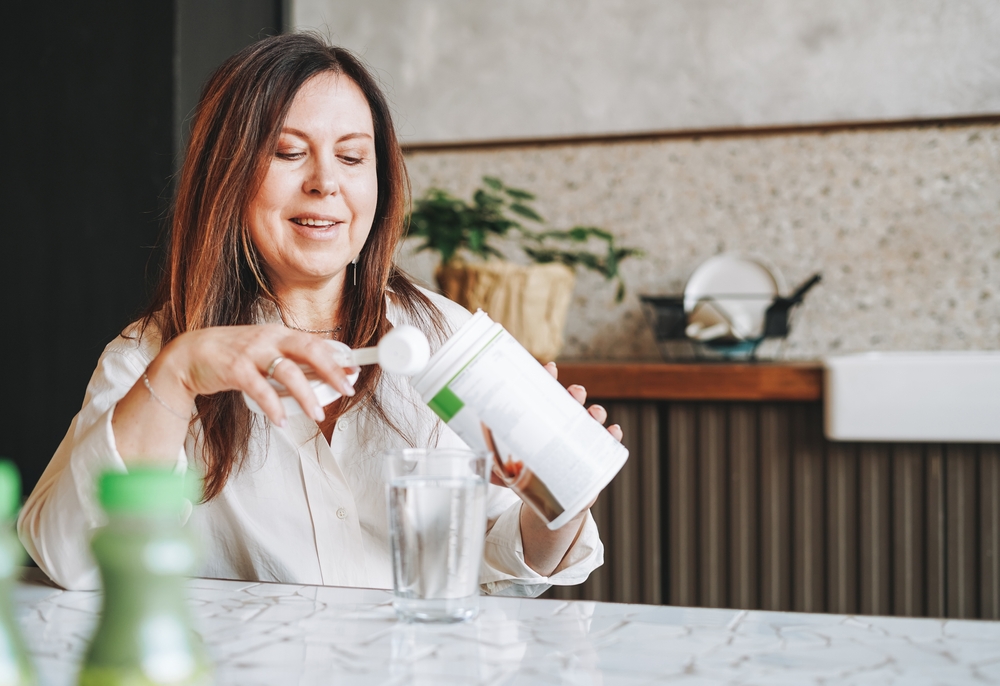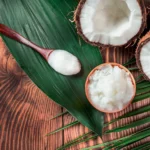Protein is an essential part of a healthy diet. It comes from amino acids that make up the building blocks of the body. Protein is in our bones, muscle, skin, hair, and makes the enzymes that cause our body to carry oxygen in the blood and more. There are at least 10,000 proteins in the body that work to make our bodies function and keep us healthy.
However, when it comes to how much protein we should have each day, plenty of confusion exists.
General Daily Requirements
For women, the daily recommendation of protein is 46 grams; however, every person’s body is different. According to the National Academy of Medicine, a woman should eat 0.8 grams of protein for every kilogram of weight or 7 grams of protein for every 20 pounds of weight. This amount is much more targeted for individual health and balance.
The National Academy of Medicine also suggests that protein can make up anywhere between 10% and 35% of your daily caloric intake. The remaining 65% to 90% from a daily diet should consist of carbohydrates, fiber, and preferably healthy fats.
Sources of Protein

Many immediately think of meat when they think of protein. However, many sources of protein are available for a healthy diet. In fact, some proteins like red meat are high in saturated fats or sodium and generally better to avoid. According to Harvard researchers, fish, poultry, and beans are a much healthier way to load up on protein.
Healthy sources of protein are as follows:
- Vegetables
- Legumes
- Beans
- Nuts
- Soy
- Whey
- Eggs
- Dairy
- White meat poultry
- Fish
- Lean beef
- Pork tenderloin
Daily Meal Balance
Ultimately, balance is essential. Too much or too little protein may negatively affect us, especially when consuming red meat, as it is very high in saturated fats and not great for those who need to keep their hearts healthy.
What seems to be more important is the idea of protein as a package, in balance with our other dietary needs. Fish, for example, is high in omega-3 fats which are very helpful for the body, and lentils and vegetables are also high in dietary fiber. Vegetables are a great source of protein, and they also provide many vitamins, minerals, antioxidants, and fiber, helping our overall health.
Supplements

It’s not always easy to get the amount of protein we need from our diet. Thus, whey, vegetable, pea, and other protein powder supplements can be a great help. Adding a collagen supplement to your diet can also contribute to skin, hair, and nail health.
A collagen supplement made from grass-fed bovine and hydrolyzed for easier absorption is well suggested. You’ll find collagen protein comes in several forms–typically powdered, liquid, and capsules. The powdered supplement form is best for most people as it provides the most collagen per serving and as a result the most benefits.
In general, when it comes to protein, we are all individuals. We have unique bodies, diets and schedules that favor different protein amounts and different routines. Finding a balance that is right for you will give you the protein necessary to have health, strength, vitality, and longevity.







